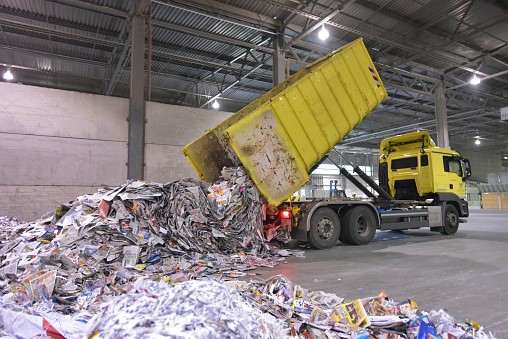World only reuses 9% of materials
06 February 2019

06 February 2019

A new report launched at the World Economic Forum in Davos suggests that circular business strategies could ‘tip the balance’ against climate change, but the circularity ‘gap’ is widening.
Released during the annual meeting of world leaders at Davos, the Circularity Gap Report 2019 highlights the “vast scope” to reduce greenhouse gas emissions and increase efficiency by applying circular principles - reuse, re-manufacturing and recycling.
However, these principles are being sidelined in the fight against climate change, the report said, despite nearly two thirds of global greenhouse gas emissions being released during the extraction, processing and manufacturing of goods.
As a result, global use of materials is actually accelerating, having more than tripled since 1970. Just nine per cent of the 92.8 billion tonnes of minerals, fossil fuels, metals and biomass that enter the economy annually are currently being reused.
“Recycling, greater resource efficiency and circular business models offer huge scope to reduce emissions. Governments’ climate change strategies have focused on renewable energy, energy efficiency and avoiding deforestation but they have overlooked the vast potential of the circular economy”, said Harald Friedl, chief executive of Circle Economy, the group behind the report.
“They should re-engineer supply chains all the way back to the wells, fields, mines and quarries where our resources originate so that we consume fewer raw materials. This will not only reduce emissions but also boost growth by making economies more efficient.”
The report calls on governments to “wake up” to the potential of the circular economy by abolishing financial incentives which encourage overuse of natural resources, raising taxes on excessive waste production, and lowering taxes on labour to encourage labour-intensive parts of the circular economy such as take-back schemes and recycling.
The Netherlands is an early leader in the field, having already set a target of becoming 50 per cent ‘circular’ by 2030 and 100 per cent by 2050. The UK is starting to action through the government’s recently-published Resources and Waste Strategy.
The EU has also recently taken action to force manufacturers to make some products and appliances more durable and repairable.
Share